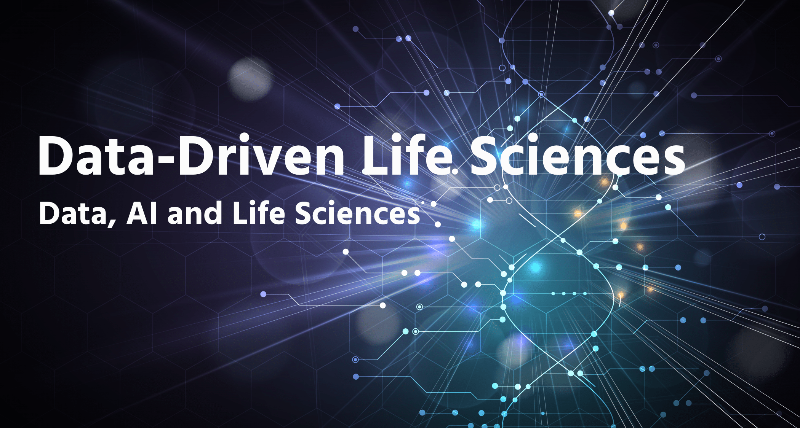The course is organized into six modules. Each module (except the introductory module) covers a major topic in life science, such as genomics, imaging, proteomics, or molecular dynamics. Every module features invited lectures by leading experts, including international researchers and national fellows from the Data-Driven Life Science (DDLS) program.
In addition to these lectures, the course integrates two recurring activities:
-
Computer lab sessions: Students receive guided instruction in web-based coding and the use of generative AI tools (e.g. ChatGPT, Cursor, Gemini CLI). These sessions focus on practical skills such as building AI agents, designing workflows, training models, and creating MCP tools. Students will learn prompt engineering and context building for AI agents to support scientific research and discovery.
-
Journal clubs: Each week, students read and critically discuss a selected research paper. In small groups, participants analyze the structure, strengths, and limitations of the paper. This format helps students develop critical thinking skills, scientific communication, and the ability to evaluate cutting-edge research. Previous cohorts have highlighted the journal club as one of the most enjoyable and engaging parts of the course.
This combined structure—expert lectures, hands-on labs, and interactive journal discussions—ensures that students not only gain knowledge of data-driven life science but also develop practical skills and critical perspectives needed for future AI-empowered scientists.
The course aims to introduce students to the field of computer-driven life sciences by letting them learn about their different application areas.
This course will introduce the student to data sets of different types, such as genomics, proteomics, metabolomics, transcriptomics, biomolecular structure, molecular dynamics simulations, imaging, video / audio recording, organism and habitat monitoring, population scale genetics, biobanks. Models of the biological phenomena and the related scientific breakthroughs based on the analysis of such data sets will be presented, analyzed and discussed.
Analysis techniques that will be introduced and used in this class belong to machine learning, artificial intelligence, other computational techniques for statistical analysis. In addition, visualization techniques will be introduced and discussed.
Another important aspect that will be introduced and discussed is related to ethics for data collection, management, analysis and sharing. The students will be specially trained in good practice related to computer-driven life sciences.
After passing the course, the student should be able to:
- describe the field of data-driven life sciences, including an overview of the different application areas, and give examples of applications and their associated analysis methods
- apply statistical analysis and machine learning analysis to biological data sets and formulate models of biological phenomena
- present and review scientific literature in the field of computer-driven life sciences
- reflect on ethical consequences of data-driven life sciences and describe good practice around the computer life cycle (collection, handling, sharing and analysis)
